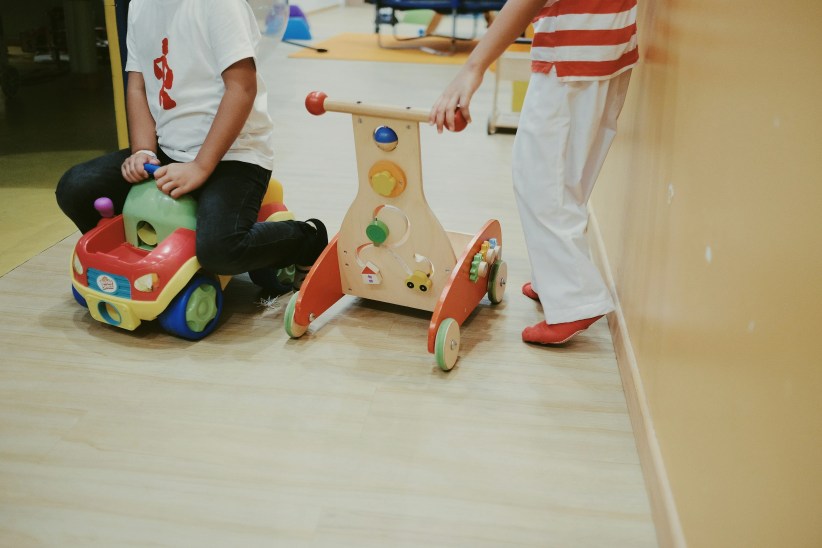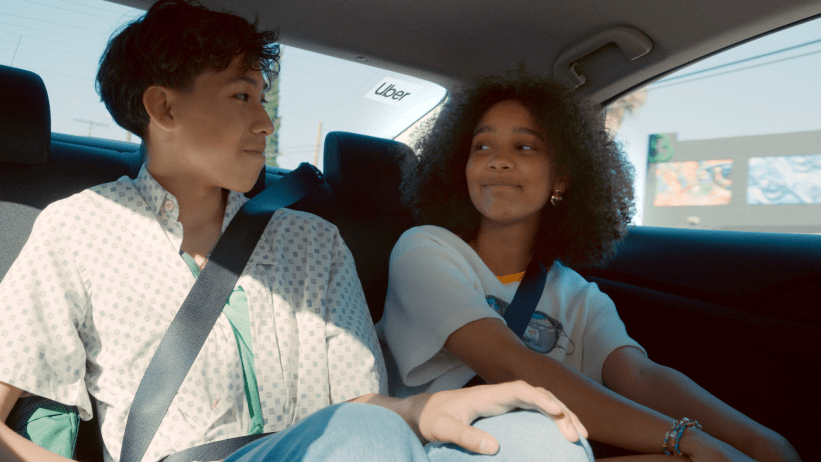Think before you post.
It seems like common sense, but a lot of kids, tweens, and teens just aren’t heeding this advice when they use social media — and are getting themselves into trouble in the process.
Just ask attorney James Mueller, a managing partner with Verner Brumley McCurley Mueller Parker, a Dallas-based family law firm.
“Some of the things kids put online [are] going to affect them, because it doesn’t go away,” says Mueller. “It will follow them in life.”
As a family lawyer, Mueller sees this at first hand.
“In one custody hearing, a daughter gave the judge all these reasons why she didn’t want to live with mom. We found out that, when we checked the girl’s Instagram account, she didn’t want to live with mom, because dad allowed her to smoke marijuana and drink while at dad’s house,” recalls Mueller. “The next thing you know, she’s kicked off her sports team, the judge has now seen all of this, and dad is in trouble. The sad part is it all came from an Instagram post.”
Kids need to realize that these days, everyone looks at their social media activity, including teachers, coaches, lawyers, colleges, scholarship committees, and potential employers. Stories abound in the media about athletes getting kicked off teams, students losing their scholarships, and kids getting arrested for some of their questionable antics that got posted on social media.
“When any potential employee sends me a resume, the first thing I do is pull any social media accounts that I can,” points out Mueller. “You can find out an unbelievable amount of information.”
Mueller advises that parents, as the first line of defense, need to play an active role in their kids’ online lives by providing age-appropriate limits. Dr. Sandy Gluckman, a Functional Behavior and Health Therapist, agrees.
“In laying down the rules, especially for younger kids, it’s important to give kids the logic behind the rule and provide examples that demonstrate the bad things that could happen,” says Dr. Gluckman, who advises a collaborative approach, asking kids what kind of rules they could live with and then negotiate. “When you’re a nurturing — rather than authoritative — parent, you’re educating and empowering kids, which will help them learn to think things through themselves.”
So how can kids, tweens, and teens engage online in a more responsible way? Here are some tips:
Think before you post. If you’d be embarrassed to show what you’re going to post to your grandmother, then don’t post it. If you’d be compromising your safety (such as posting where you’ll be at a certain time or that you’re home alone), then don’t post it. If you’d be hurting or embarrassing someone else, then don’t post it.
Assume what you post isn’t private — even if you send a private message. Mueller points out that just because you intended something to be private when you sent it, doesn’t necessarily mean the other person understands (or wants to adhere to) your intentions of keeping it private.
As he says, “You can only control your action, you can’t control other people’s actions.”
Realize what you post is permanent — even if you later delete it. Once you hit send, you create a permanent cyber-record of your words and images delivered via status updates or news feeds. Someone might have already saved or shared your post by the time you delete it from your account.
Be aware that your online activity affects your reputation. When you realize that other people besides your friends are checking out your social media accounts, you’re more likely to do the right thing online.
With kids of all ages texting, exploring social media, and posting photos, parents can use these tips to help them navigate the use of social media in a safe, responsible way.
Lisa Beach is a freelance writer whose work has been published in dozens of print and online publications, including Brain, Child, Parents, Scary Mommy, Good Life Family, Calgary’s Child, and Orlando Family. Check out her writer’s website at www.LisaB





















